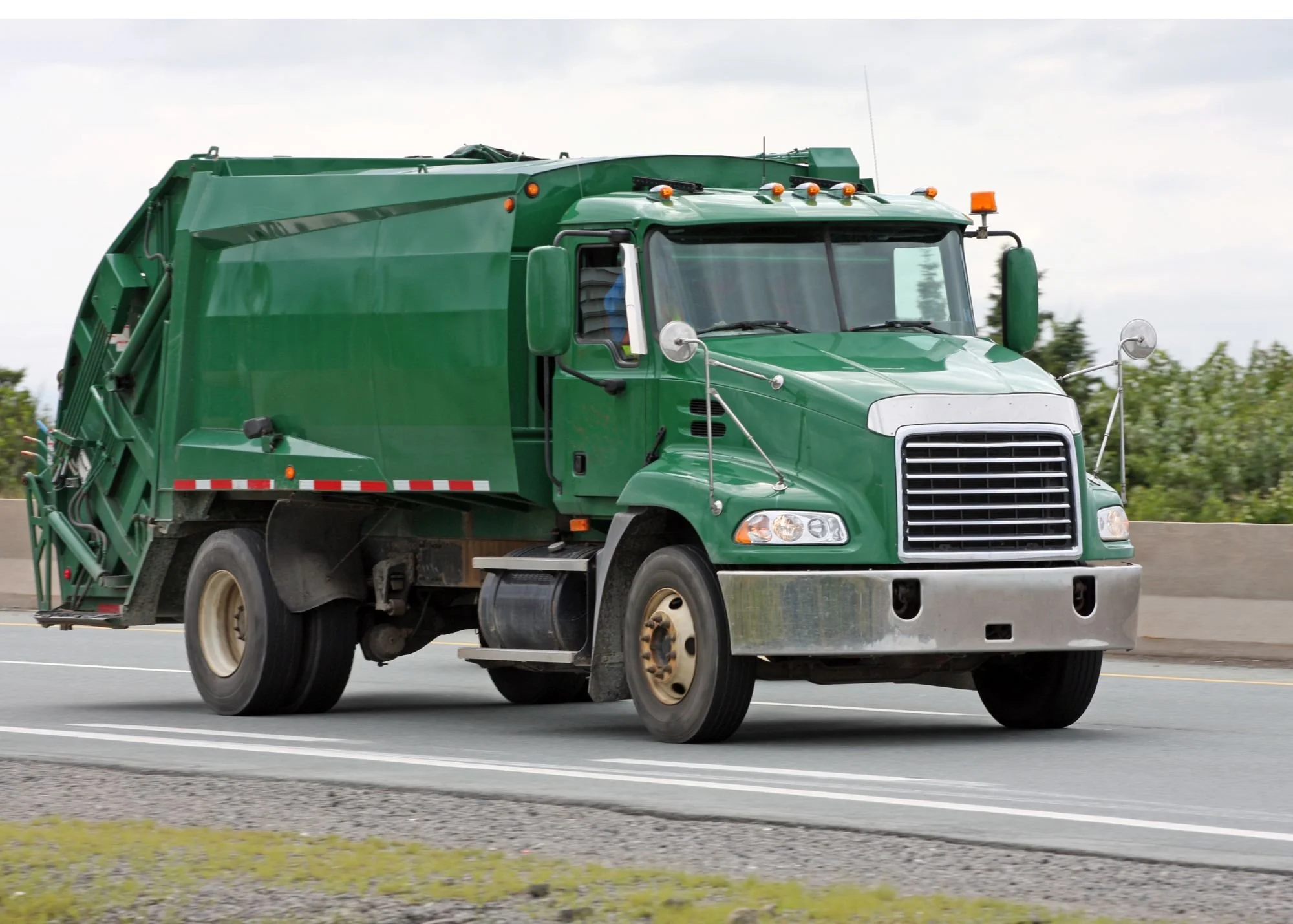
Sustaining a Successful System: Jefferson County’s Proven Waste and Recycling Model with Private Haulers
Overview
Jefferson County, Kentucky currently enjoys a robust, efficient, and consumer-responsive waste and recycling system. Proposals to implement a single-hauler franchise model would disrupt this success, introduce unnecessary bureaucracy, and restrict consumer choice - without yielding meaningful environmental, safety, or economic improvements.
Key Points
Jefferson County currently enjoys a robust, efficient, and consumer-responsive waste and recycling system. Proposals to implement a single-hauler franchise model would disrupt this success, introduce unnecessary bureaucracy, and restrict consumer choice - without yielding meaningful environmental, safety, or economic improvements.
No Justifiable Reason for Change
Jefferson County’s current system poses no major environmental or safety issues. With more than 40 years of landfill airspace available, aggressive recycling programs in place, and economical pricing across all service areas, there is no compelling rationale to disrupt the existing model.
Strong Private Sector Infrastructure
The region’s landfills, recycling centers, transfer stations, and processing centers were developed and capitalized by the private sector and are utilized by both public and private entities. The system is functional, efficient, and already serves all residents.
Public Support for Consumer Choice
A 2021 survey by IQS Research and NWRA found that 76% of Jefferson County residents are satisfied with their waste services and want to maintain the ability to choose their provider. Franchising would eliminate this freedom.
Proven Private Sector Performance
Private haulers have safely served the County for over 80 years, including uninterrupted service during the COVID-19 pandemic. The current open-market system ensures responsiveness, service quality, and competitive pricing.
Franchising Threatens Competition and Small Business
A single-hauler system could drive out smaller, local waste companies unable to meet the costly and resource-intensive requirements of a franchise contract. This would reduce competition and consumer choice while concentrating market control.
Contradiction of the County’s Own Plan
Louisville Metro’s five-year waste management plan identifies open-market competition as a strength, noting that it keeps rates competitive and allows residents to choose from a menu of services. Moving to a franchised model would directly undermine this assessment.
No Added Value from New Bureaucracy
Jefferson County’s current system poses no major environmental or safety issues. With more than 40 years of landfill airspace available, aggressive recycling programs in place, and economical pricing across all service areas, there is no compelling rationale to disrupt the existing model.


